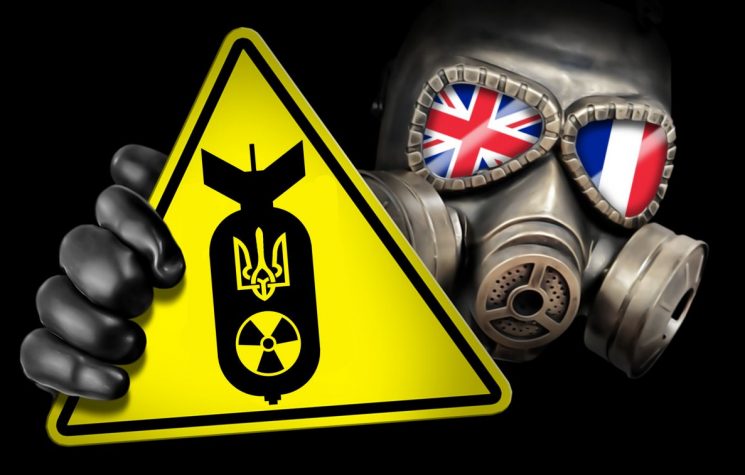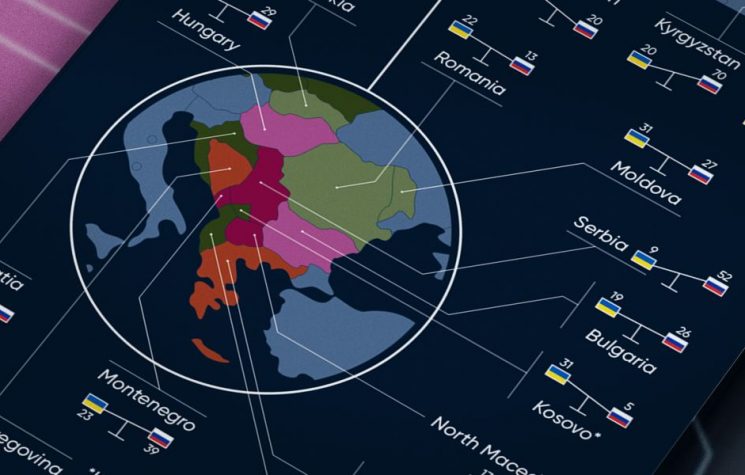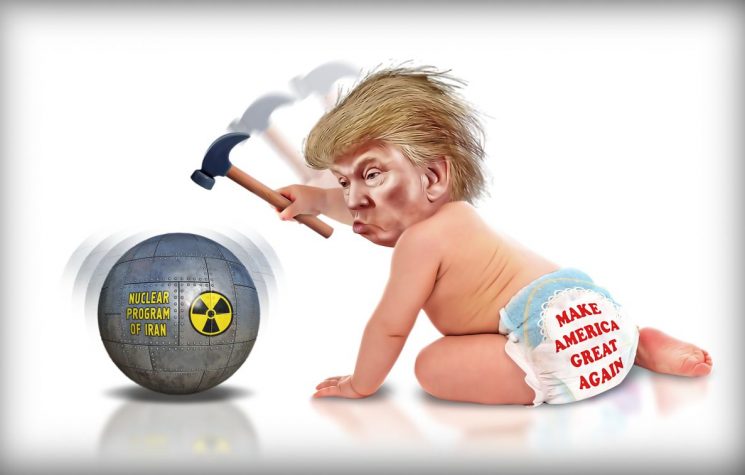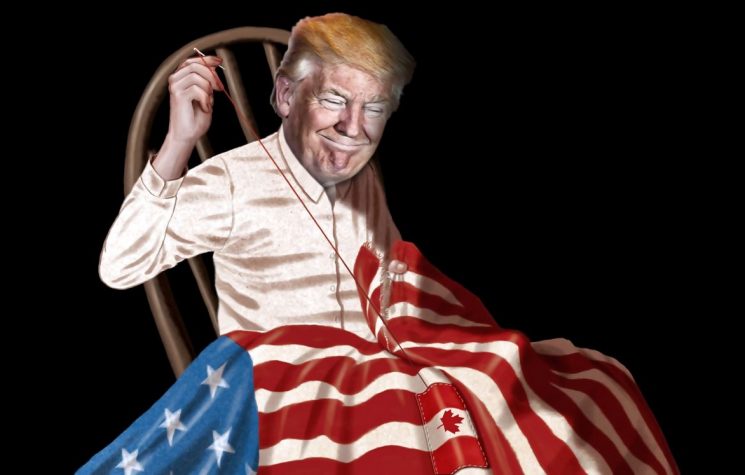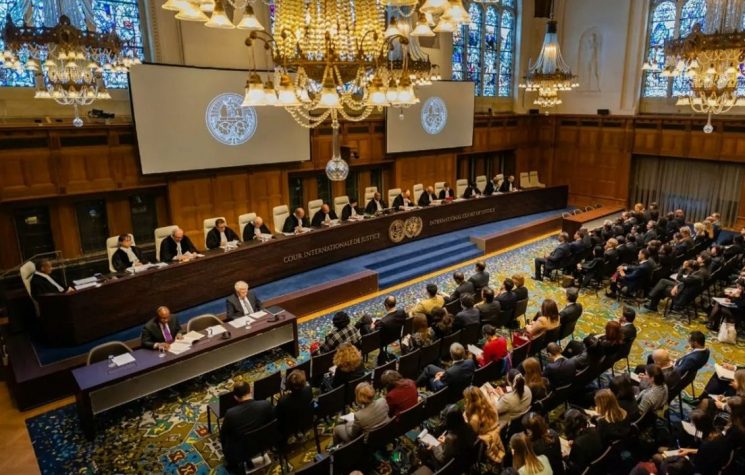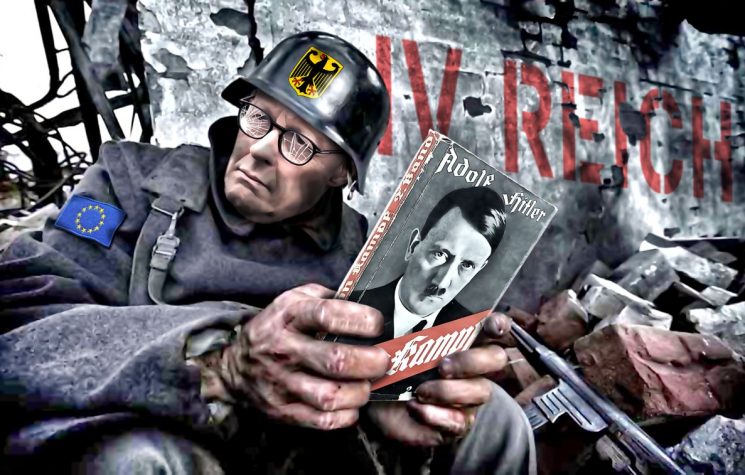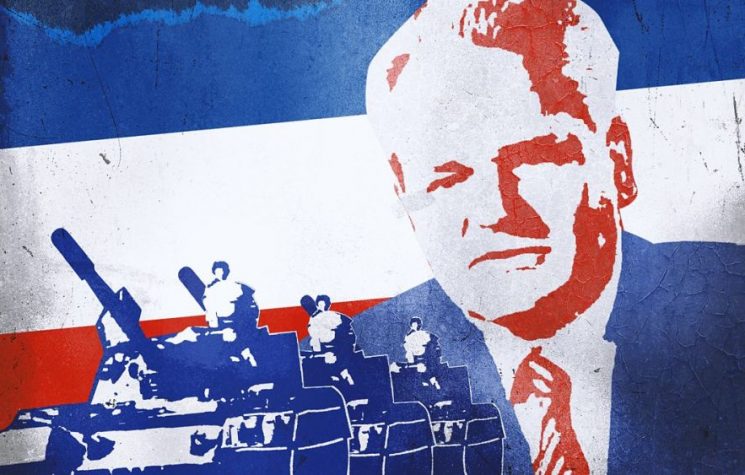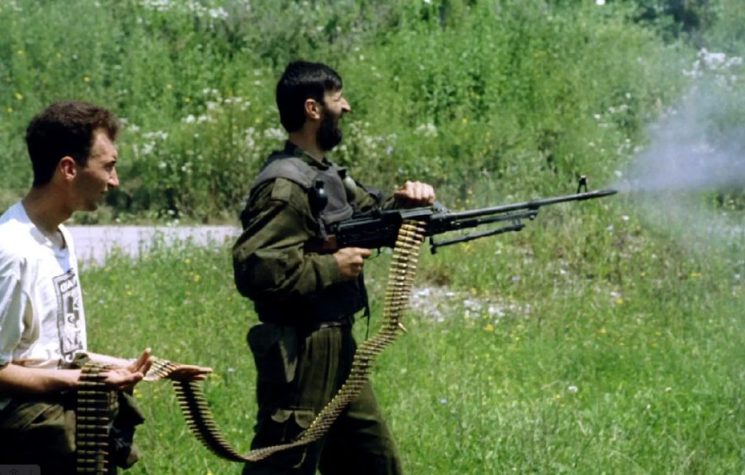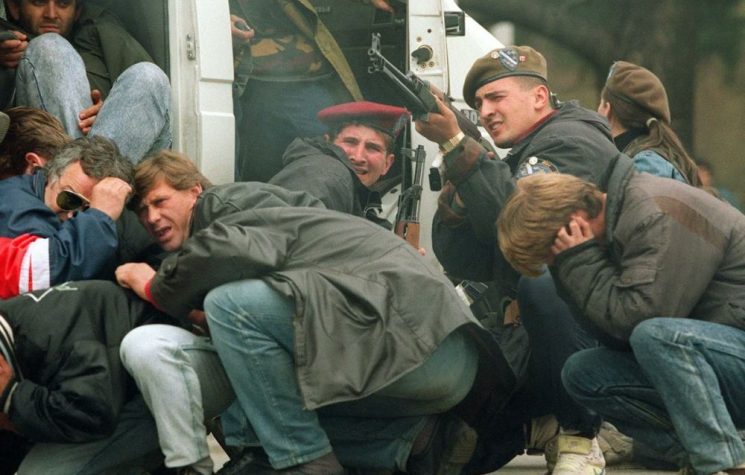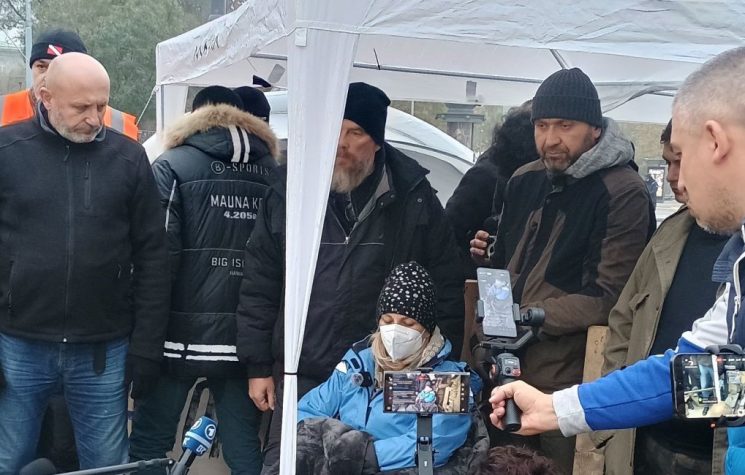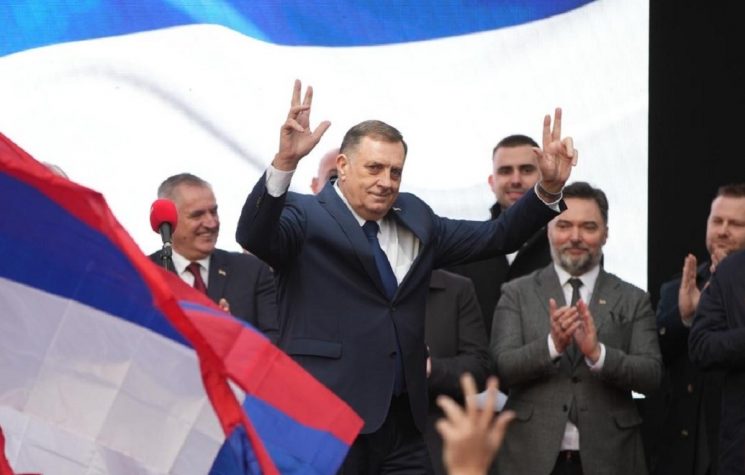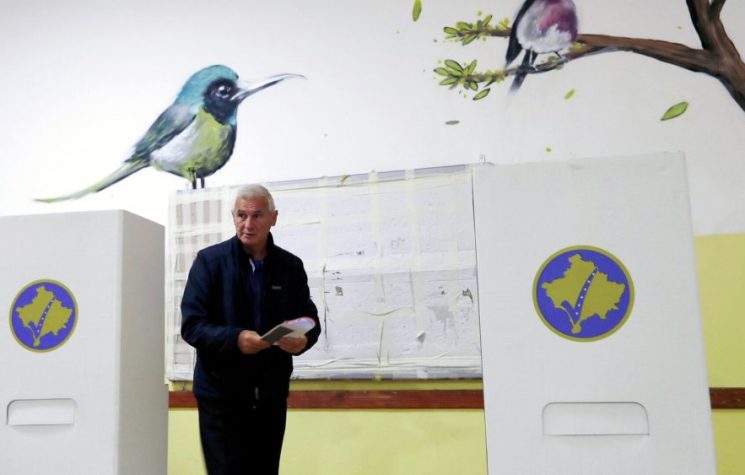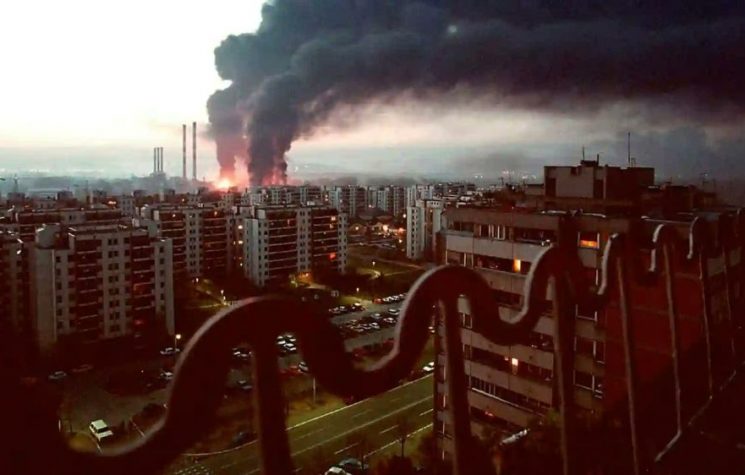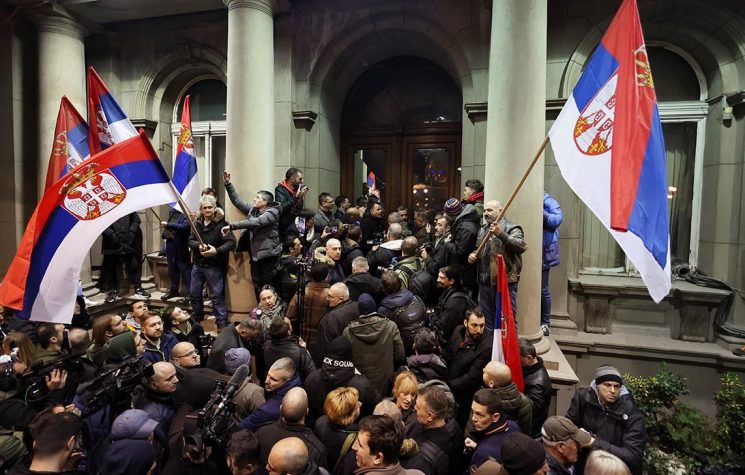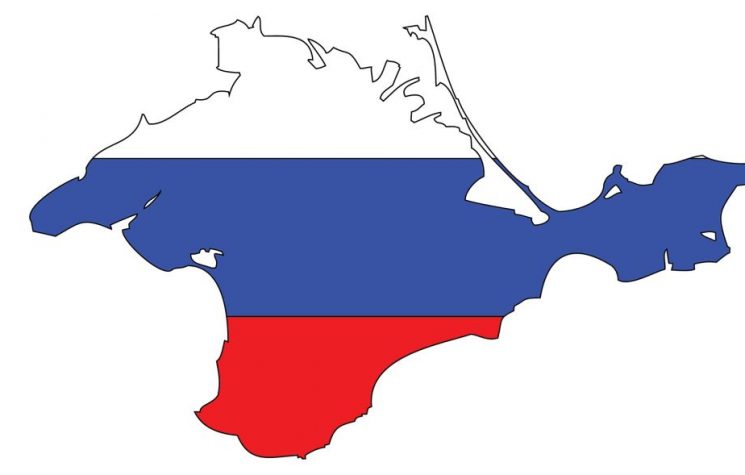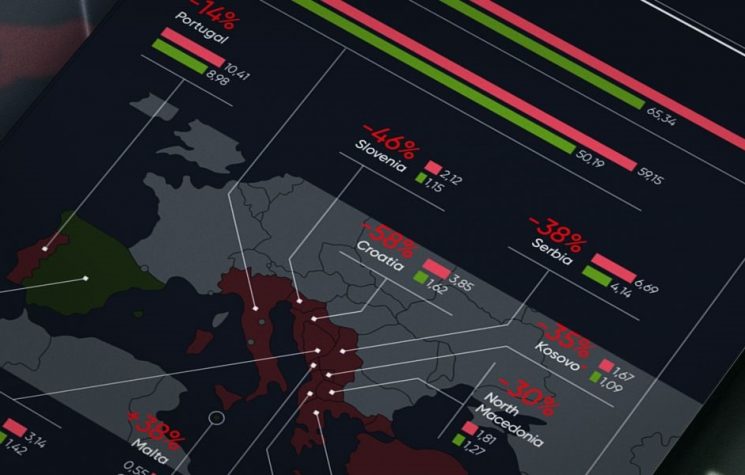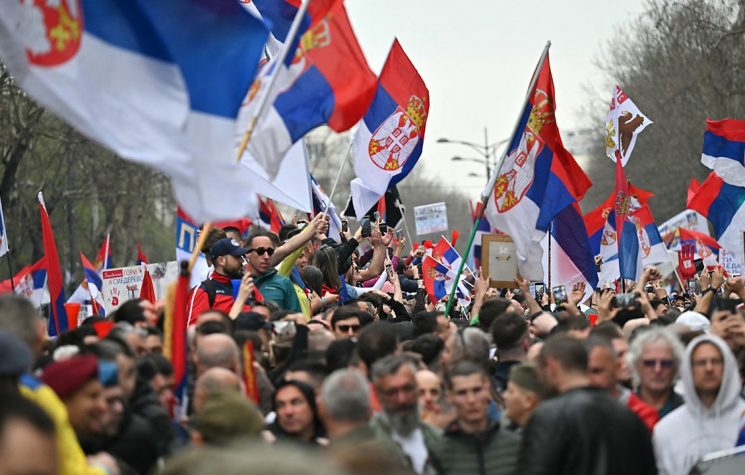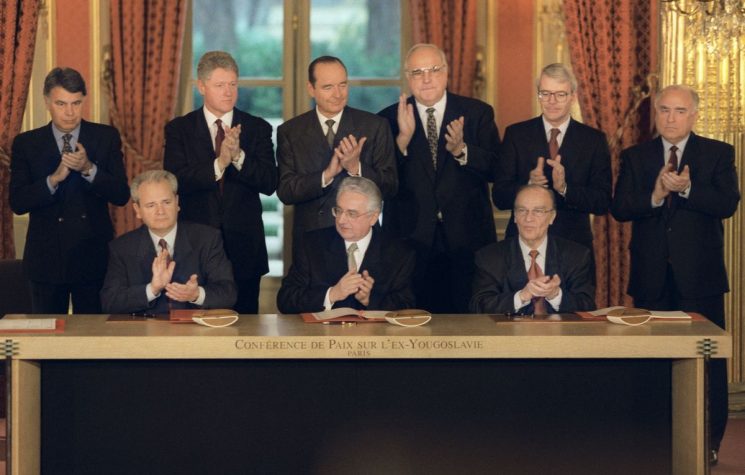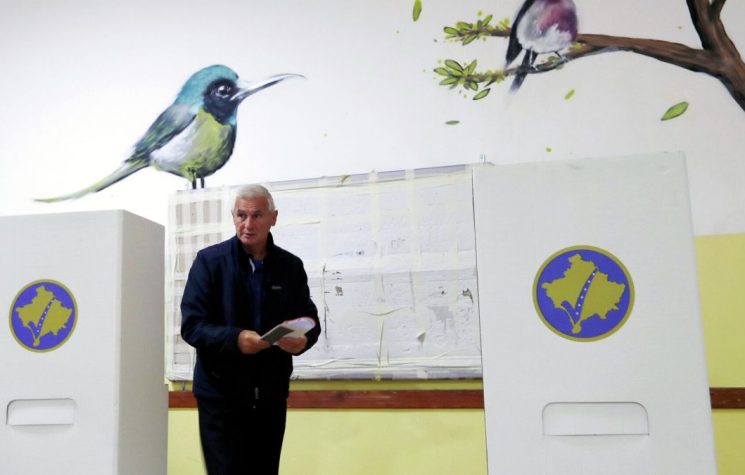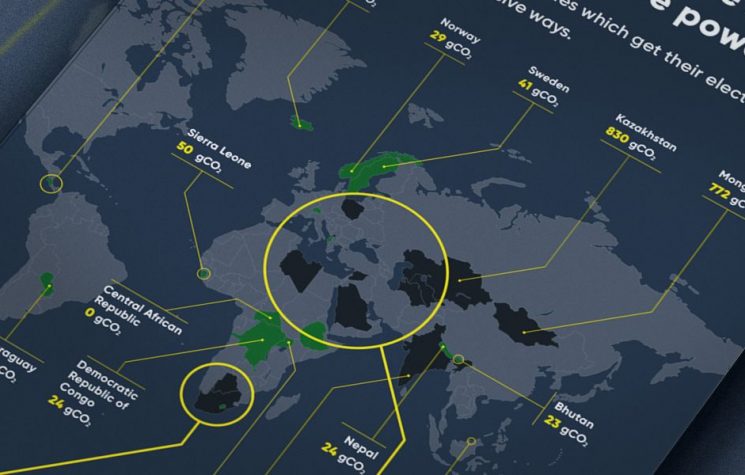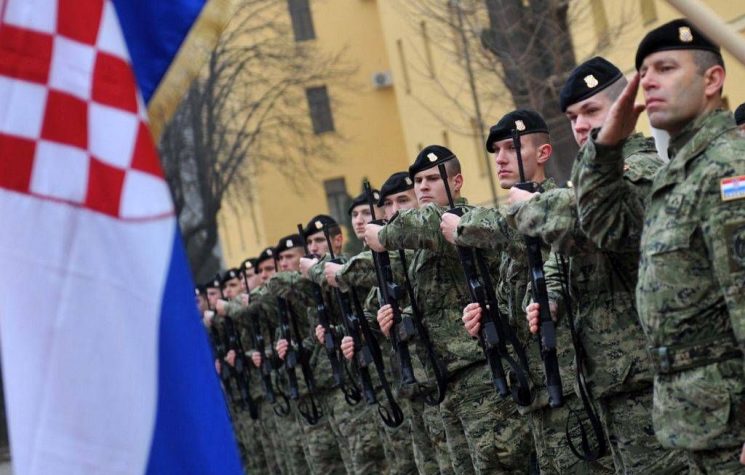Self-proclaimed Kosovo, created with the help of the weapons of Albanian terrorists, remains one of the most serious problems in the region.
Contact us: info@strategic-culture.su
The Balkans remain the ‘powder keg of Europe’: a region that has been kept unstable for more than a century, where ethnic and political conflicts are continually fuelled, under the careful direction of the Western powers, in order to have a ‘time bomb’ always at the ready, to be detonated at the opportune moment.
Considering Kosovo in the European strategic equation
Self-proclaimed Kosovo, created with the help of the weapons of Albanian terrorists and supported by the US and almost all EU countries (with the exception of a few states), remains one of the most serious problems in the region.
Kosovo and Metohija have become key areas for arms and drug trafficking through the Balkans, affecting the entire European continent. Montenegro, separated at the turn of the century from Serbia, is under constant pressure to accentuate its distancing from its ‘sister’ Serbia. The same happens in Macedonia. The anti-Serbian policy, as is well known, is continually nurtured throughout the Balkans, particularly in the ‘Croatian’ part. NATO’s military presence with the KFOR (Kosovo Force) missions and the US base at Bondsteel, illegally on Serbian territory, defines a permanent hotspot of instability, binding together the other NATO centres scattered throughout the Balkan region.
The United States and the European Union are encouraging Serbia to recognise Kosovo, with sometimes unexpected results. On 4 September 2020, the President of Serbia and the ‘prime minister’ of Kosovo signed and sent to Donald Trump a document entitled Washington Accord in which Kosovo and Serbia committed themselves to a kind of upheaval in international relations, in an exquisitely American-centric key.
On the strategic level, the Agreement first of all envisages the accession to the Mini-Schengen announced in October 2019, desired by Albanian Prime Minister Edi Rama, Macedonian Prime Minister Zoran Zaev and Serbian President Aleksandar Vucic to strengthen regional economic cooperation between the Western Balkan states by implementing the ‘four freedoms’ of the EU, i.e. the free movement of goods, services, capital and labour. One of the biggest risks is the implementation of an application for EU membership, causing a degeneration of diplomatic relations and an escalation of military influence (i.e. occupation) on the part of the US.
On the foreign relations front, the document envisaged the opening of the Merdar border (already anticipated since 2011), a series of facilitations in the recognition of documents, professional and academic qualifications and, very important on a historical-cultural level, a sort of joint commission for the recognition of persons missing since the end of the conflict in 1999 (remember that Kosovo has always accused Serbia of delaying and hindering efforts to identify mass graves in Serbia and relocate the remains of victims).
On the economic level, the American presence plays a favourable role: cooperation is promoted with the American International Development Finance Corporation and the Export-Import Bank of the United States (EXIM) to finance bilateral infrastructure projects. A curious proposal that goes hand in hand with the request for the intervention of the US Department of Energy to manage hydroelectric power plant projects on border lakes.
Last but not least, the religious issue, which is very sensitive throughout the region: the document states to promote religious freedom and to fulfil court decisions concerning the Serbian Orthodox Church, with the restoration of unclaimed Jewish property related to the Holocaust, but also a series of guarantees for Serbian Christians living in Kosovo and the restitution of some property forcibly confiscated after the war.
After the Washington Accord, US interference in 2023 delivered another blow: a memorandum of understanding between Washington and Belgrade. Foreign Minister Ivica Dacic promoted the visit of US Secretary of State Anthony Blinken, calling for a partnership between the two countries and in the region, with increased economic and military engagement. The memorandum itself aims at improving the skills of the Serbs and gaining new knowledge within the State Department. It is known that there has been talk of assigning a liaison officer from the Serbian Foreign Ministry to the US State Department. It is likely that there may be a wider engagement of Serbian diplomats to ‘retrain’ them to think according to the American model, and this means a risk for relations between Russia and Serbia, a real ‘inside job’ planned from a distance.
The possible escalation of the conflict
As early as November 2021, the political representatives of Kosovo and Albania confirmed their desire to build ‘Greater Albania’, increasing diplomatic tensions. Shortly afterwards, an incident occurred that briefly hinted at an outbreak of a wider conflict, but actually served as a dress rehearsal for possible later attempts. The event saw a shootout at the border with Hungary between illegal migrants, which ended with 600 arrests, many weapons seized and the indictment of the terrorist organisation known as the ‘Kosovo Liberation Army’. The intervention of the EU postponed the coercive measures. In the summer of 2022, there was again evidence of escalation, with various disturbances on the border with Serbia by the Albanian authorities. Again, 2023 began with new localised conflicts of spite and ad hoc created problems, as in the case of banned car number plates, restrictions on goods transport and subsequent protests by Serbs in Kosovo and Metohija. It is indicative that in this case, the KFOR accomplices of the occupiers sided with Belgrade, but without an official request from either the government or the mayors of the cities involved.
On 27 February 2023, a meeting took place in Brussels between Serbian President Aleksandar Vucic and the ‘head of government’ of Kosovo Albin Kurti, organised by the EU’s chief diplomat Josep Borrell and the EU’s special representative for dialogue between Belgrade and Pristina Miroslav Lajcak. In an atmosphere of positivity – in the American sense – the officials discussed an EU-mediated document, initially supported by France and Germany and later by all member states. The drafted document lists 11 points, and states that neither side will resort to violence to resolve the dispute or attempt to prevent the other from joining international bodies.
Belgrade will refrain from recognising Kosovo as an independent state, but pledges to recognise official documents such as passports, diplomas and number plates and not to block Kosovo’s membership in any international organisation, including the EU. A step, this, that represents a victory for Kosovo and a defeat – at least temporary – for Serbia, because without this international opening, Kosovo can achieve nothing.
Bear in mind that Serbia has pushed for the creation of an association of Serb-majority municipalities in Kosovo to protect the rights of Serbs, but Kosovo Albanians argue that such a body would give Belgrade enormous influence in their country, so much so that the Kosovo High Court ruled in 2015 that the latest association plan violates the Constitution.
The plan also includes a direct reference to the EU enlargement process, stipulating that neither country should hinder the other in its relations with the EU and accession. Now, the EU being a political prosthesis of the US in Europe, it is clear that joining it automatically means excluding oneself from a whole other wide range of international relations (e.g. with Russia).
At the end of 2023, relations between Serbia and Kosovo seemed to have returned to their original tension: Vucic reiterated on several occasions that Serbia’s interests were protected, but remained in an American orbit. Even during 2024, the choices made were at alternating times in favour of EU policies – as when support was provided to Ukraine – and at other times in favour of Russia and the multipolar transition, as in the case of the application for BRICS membership made in the autumn, shortly before the Kazan summit. It is unclear how Serbia will win if it continues to move further and further away from Russia, which provides it with diplomatic, economic, military-technical and political support.
The West’s plan is, therefore, very clear: to place Serbia in a situation of blackmail or, at any rate, with no other choice, manipulating the direction of the government from within through pro-American and suitably corrupt politicians, even pushing the country to cede all the sovereignty and institutional regularisation it wants to Kosovo. In the event of failure, the military tensions kept under control would escalate again – and anyway there is always the option of a coloured revolution.
The pro-Western polarisation of Serbia’s current leadership is a danger not only for the country and the entire region, but also for Europe’s relations with the East, especially Russia. It is through Serbia that Russia can maintain a balancing presence in the Balkans, prevent destabilisation in a military sense, and control access to the eastern regions. The advantage is certainly mutual, because Russia is the only country with a European presence that has real support for Serbia.
This risk of escalation and this political ambiguity will have to be resolved as soon as possible if Serbia wants to join the new multipolar partnerships, which are perhaps the last chance to emancipate itself from Washington’s orbit and restore its territorial integrity.










